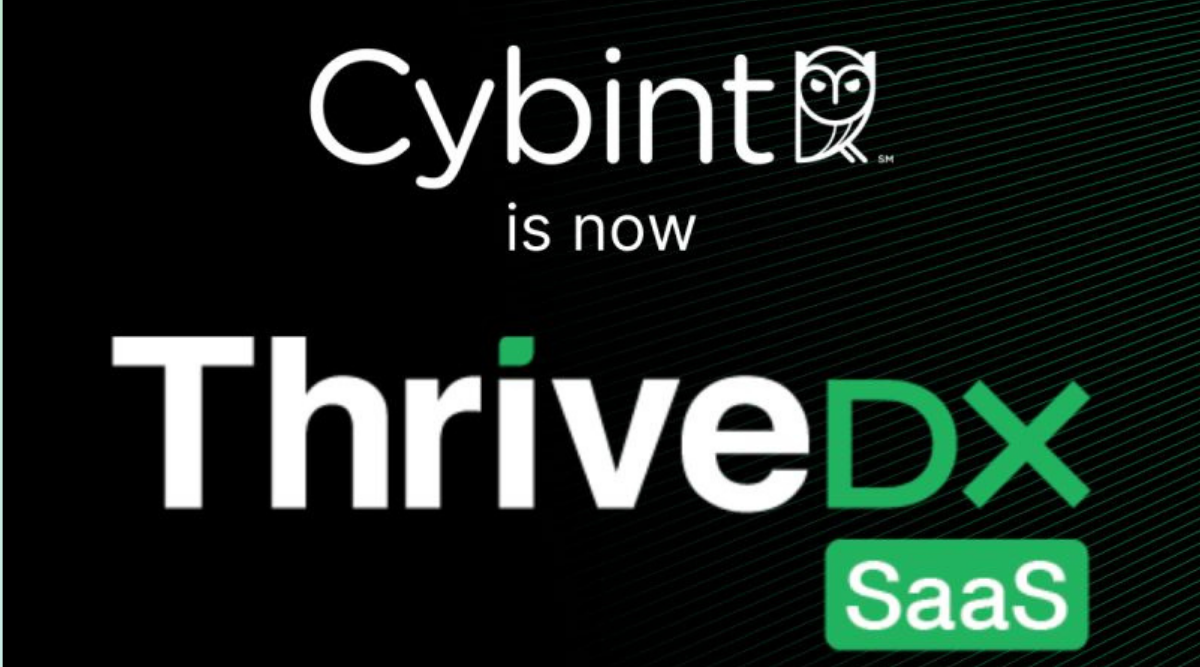Working from home can be fun, but for some people, it has become a nightmare! While Covid-19 has altered our lifestyle, our jobs and businesses have witnessed a complete change in operation. As most companies are opting to work from home, cybersecurity is essential! You need to be well-prepared to face the dangers that might even cost you your job.
Want to know how? Let me explain!
Since companies now allow their team to work from anywhere, hackers have found a bigger playing field. People are now at a greater risk of cyber-attacks; hackers are intruding into Zoom calls, impersonating your employer to extract sensitive information, and simply stealing your email data.
Why is Cybersecurity Important?
By 2021, the annual cost in damages resulting from cybercrime will reach up to $6 Trillion. Getting your bank account robbed by cybercriminals is the last thing you would ever want to occur during this pandemic. The time taken to identify a security breach can reach over 200 days. It would be a good idea to get yourself covered before things go wrong. Are you still not convinced?
It’s very common for people to lose control over their job data due to their ignorance, as 48% of malicious emails are sent as official documents.
To fight a danger, you need to identify it first! Let me expand your knowledge of work from home cybersecurity challenges.

Types of Cyber Attacks
1. Phishing
The user receives fake emails from a sender who uses a verified company’s logo, slogan, and overall look. The email contains a link that, if clicked, will steal your credit card, login, and personal data.
While working from home, you need to be extra careful in handling such attacks. Hackers can impersonate your boss or colleague, which can cost your company millions of dollars in losses.
2. Man-in-the-Middle
It mainly affects the poorly secured Wi-Fi networks. It allows hackers to access the user’s data by acting as a passage in the connection. Working from home means that you can be a victim of even the weakest attack as you are outside the secured network of the company. Messages, employee data, and bank account details are stolen from this kind of attack.
3. Zero-Day
Hackers must stay tuned to the news for this kind of attack. When the company reveals a flaw in its system, hackers try to exploit it to gain access to the system before the problem gets fixed. Microsoft was a victim of this attack in March 2020, but its support team had warned the users beforehand.
Whether you are the CEO or just a regular employee of a company, it’s your duty to be well-informed about dealing with security threats.
Ways to Protect Your Company
As most of the security threats are not easy to discover, you can use many tactics to lower the chances of getting hacked. Educate yourself to save yourself!
1. Encrypting and Backing up Data
You need to encrypt all the underlying channels along with the company’s private data to prevent a security breach. Data encryption will prevent your ideas, new projects, and other data from being misused. A good measure on your behalf would be to invest in encryption tools before it’s too late.
You can create a backup by storing all your data in a separate file to avoid paying a ransom to the hackers.
2. Using a Firewall and Anti-malware Software
Every employee should install these tools to counter the work from home cybersecurity issues. These tools quickly detect and respond to viruses that are harming your system.

3. Restricting Access to the System
The PCs in the office are interconnected through coaxial cables, which provide an extra layer of security. During Covid-19, another work from home cybersecurity challenge is to make sure that no unauthorized access is given to intruders.
A simple solution for this problem is to set permissions and verify every user before granting any access.
4. Training the Staff
The best way to tackle cyber-attacks is to raise awareness regarding its dangers and suggest preventive measures. Cybint is training companies’ staff by providing role-based coaching for the workers. The team of experts has learned trainers with a vast knowledge of their relevant field. Executive position workers receive management-related training while the IT team learns technical aspects of cybersecurity.
Taking Everything into Account
As you continue to work online, you will expand your knowledge of the cyber world. If hackers can find new ways to steal data, you can find new ways to protect your data too.
To make things easier for you, I have explained the security issues and their solutions as well. Now, it is your turn to get up and get secured!




